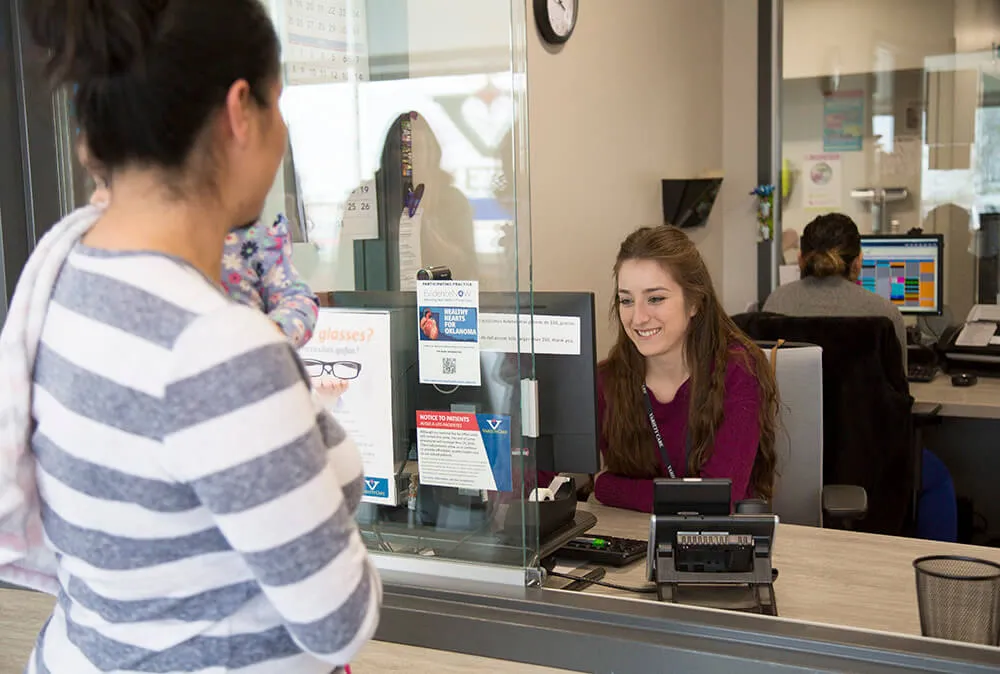Community Health Centers (CHCs) have provided essential, accessible, and cost-effective healthcare services to rural and urban areas across the United States since the 1960s. The idea of CHCs originated with Dr. Jack Geiger and Dr. Count Gibson, who believed these centers could positively impact the health and livelihood of often underserved communities.
Since the Community Health Centers Program was established, over 30 million people across the country have been served by CHCs, including those with no insurance, low income, and individuals living in more remote areas. The centers and their teams of healthcare professionals continue to help create healthier, happier communities through their comprehensive care services. Consistent funding helps ensure that these services stay affordable and accessible.
How Are Community Health Centers Funded?
CHCs receive support from a variety of sources at a local and federal level, allowing the centers to effectively and consistently provide their much-needed health services. According to the National Association of Community Health Centers (NACHC), their sources of funding include:
- The Health Center Program
- Federal and state grants, including those funded by the Community Health Center Fund (CHCF)
- Private insurance reimbursements
- Medicare and Medicaid reimbursements
The impact and immense benefit that CHCs have on communities are well-recognized across the country and throughout different political parties. In fact, the Community Health Centers Program has maintained bipartisan support for over four decades.
The Importance of CHCs to Local Communities

Funding is integral to keeping the doors of CHCs open so they can continue to help local communities. In addition to providing essential medical services, Community Health Centers make an impact because:
CHCs Reduce Barriers to Care
CHCs ensure that no one has financial or geographical barriers to health care. Each center is located in a medically underserved area (MUA) designated by the federal government, which helps individuals in need easily find care in their local communities. They also offer services on a sliding fee scale so no one can be turned away due to their financial or insurance status.
CHCs Improve Health Outcomes
By providing greater access to affordable care and health education resources, health centers help improve the health outcomes of communities. They address the sources of poor health so individuals and families can lead happier, healthier lives in a strong community.
CHCs Are Community-Focused
These centers are deeply embedded in the communities they serve, and each is governed by a patient-majority board that understands the specific health needs and challenges of their patient populations. This local focus allows CHCs to tailor their services and outreach efforts, ensuring that care is relevant to the community’s needs.
CHCs Focus on Underserved Populations
Although anyone can visit a CHC, they are designed to reach vulnerable and underserved populations who otherwise would not have access to essential health services. Their sliding fee scale ensures that everyone can get the care they deserve, including low-income families, individuals experiencing homelessness, and those with no insurance.
Questions About CHCs or Medicaid Eligibility?
The Oklahoma Primary Care Association (OKPCA) works alongside local CHCs to expand access to affordable, high-quality care in Oklahoma communities. We also aim to build strong community partnerships and help individuals and families receive the care they need, regardless of their finances or insurance coverage.
We go above and beyond for CHCs and the communities they impact. Whether you are seeking care, navigating your Medicaid eligibility, or wanting to know your coverage options, we are here to help. By contacting us, our team can assist in various areas, including:
- Finding a Local CHC. We can help you locate the nearest CHC to ensure you receive the care you need. You can also use our interactive map to narrow your search based on the specific services you need.
- Discovering Coverage Options. Finding the right healthcare coverage can be daunting, but our team can help determine your options and even discuss your Medicaid eligibility.
Use our map to find a CHC near you, or contact us to connect with our team.
